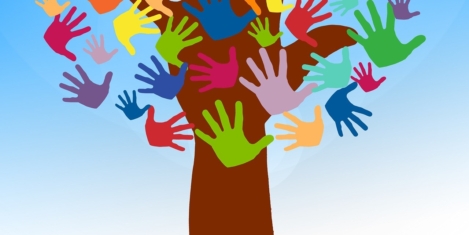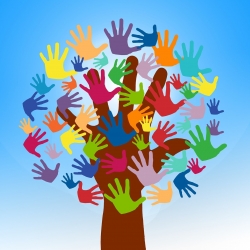To provide the best experiences, we use technologies like cookies to store and/or access device information. Consenting to these technologies will allow us to process data such as browsing behaviour or unique IDs on this site. Not consenting or withdrawing consent, may adversely affect certain features and functions.
The technical storage or access is strictly necessary for the legitimate purpose of enabling the use of a specific service explicitly requested by the subscriber or user, or for the sole purpose of carrying out the transmission of a communication over an electronic communications network.
The technical storage or access is necessary for the legitimate purpose of storing preferences that are not requested by the subscriber or user.
The technical storage or access that is used exclusively for statistical purposes.
The technical storage or access that is used exclusively for anonymous statistical purposes. Without a subpoena, voluntary compliance on the part of your Internet Service Provider, or additional records from a third party, information stored or retrieved for this purpose alone cannot usually be used to identify you.
The technical storage or access is required to create user profiles to send advertising, or to track the user on a website or across several websites for similar marketing purposes.
 Perceptyx, the employee survey and people analytics platform, has released new data focused on the role of the COVID vaccine in return to work scenarios. As the world nears 10 months of quarantine and other restrictions, organisations grapple with deciding if and when it will be safe for employees to return to the workplace. As vaccines are rolled out, organisations must tread a fine line with employees as there is a significant divide in perceptions around the vaccine. More →
Perceptyx, the employee survey and people analytics platform, has released new data focused on the role of the COVID vaccine in return to work scenarios. As the world nears 10 months of quarantine and other restrictions, organisations grapple with deciding if and when it will be safe for employees to return to the workplace. As vaccines are rolled out, organisations must tread a fine line with employees as there is a significant divide in perceptions around the vaccine. More →






 Improving air quality in the fight against COVID-19 could give businesses the edge over their competitors and attract more customers, according to a top UK university scientist. Writing in a new report for facilities services provider
Improving air quality in the fight against COVID-19 could give businesses the edge over their competitors and attract more customers, according to a top UK university scientist. Writing in a new report for facilities services provider 
 Employee engagement levels may have actually improved during the COVID-19 pandemic, claims a recent survey undertaken by intermediary
Employee engagement levels may have actually improved during the COVID-19 pandemic, claims a recent survey undertaken by intermediary 
 According to a recent
According to a recent 
 New research by
New research by 
 Hardworking professionals are feeling the effects of longer working days and unpaid overtime, according to new research by law firm,
Hardworking professionals are feeling the effects of longer working days and unpaid overtime, according to new research by law firm, 
 It was in the summer of 2020 that conversations about a second pandemic of mental health issues first started. As we began to see and feel our mental health suffering due to the ongoing impact of COVID19, this idea gained momentum and interest within business sectors. This concept has also been leapt upon by health and wellbeing consultants everywhere as they whip up a storm discussing the inevitable wave of mental health issues threatening to engulf our employees in the future.
It was in the summer of 2020 that conversations about a second pandemic of mental health issues first started. As we began to see and feel our mental health suffering due to the ongoing impact of COVID19, this idea gained momentum and interest within business sectors. This concept has also been leapt upon by health and wellbeing consultants everywhere as they whip up a storm discussing the inevitable wave of mental health issues threatening to engulf our employees in the future. 
 As companies struggle to motivate teams working remotely, new research by the charity
As companies struggle to motivate teams working remotely, new research by the charity 
 Organisations face a crisis of trust this year if they continue to make workplace decisions in the dark, according to employee experience platform,
Organisations face a crisis of trust this year if they continue to make workplace decisions in the dark, according to employee experience platform, 
 Financial distress is more damaging to the wellbeing of the self-employed than those in employment, claims new research from
Financial distress is more damaging to the wellbeing of the self-employed than those in employment, claims new research from 
















January 12, 2021
Burnt out workers need to regain some balance
by Dan Zakai • Comment, Wellbeing, Workplace design